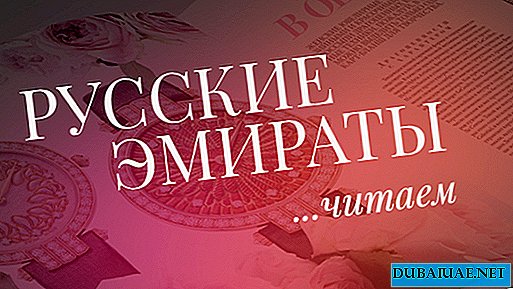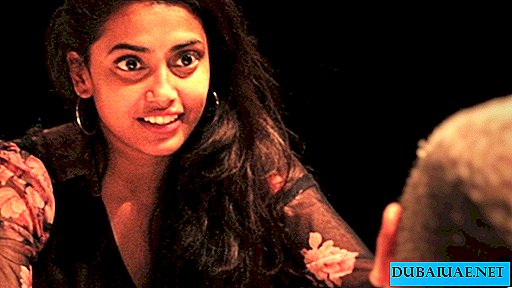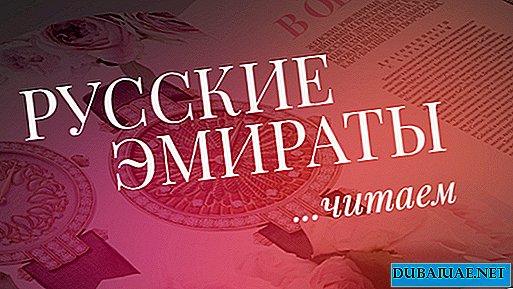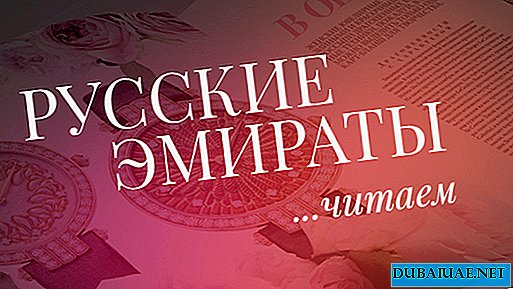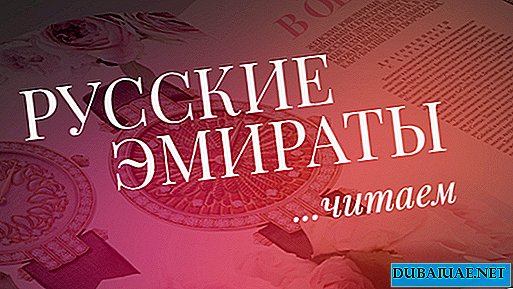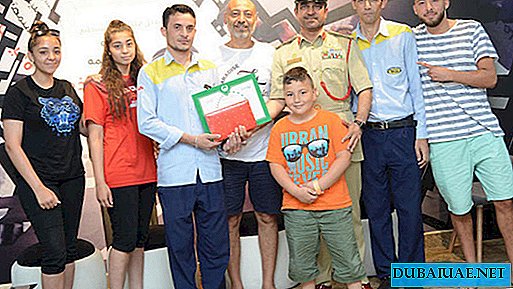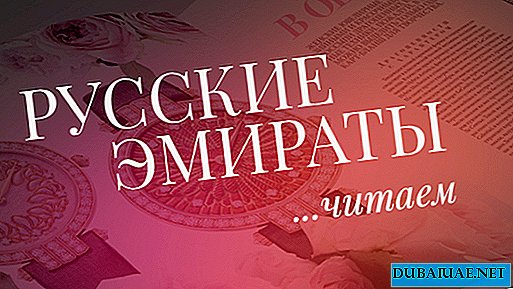Nargiza Mamatkulova began her directorial career in 2006, making her first film, which was also a term paper. Today she already has five short feature films, but she is not going to stop there and plans to start making full-length feature films over time. Participated in the San Diego Film Festival, the Asian Film Festival, as well as film festivals held in Dushanbe, Kazan, Tashkent and Almaty.
This is my second time in Dubai. Before that I came here in 2010. As well as this year, she participated in the competition program. Then my film was called "Earrings". He received the first prize. And this year I brought the short film Silence. She herself wrote a script for him to take part in the White Nomad script competition, which was held in Bishkek. As a result, I won a state grant for staging a film at the Kyrgyz-Film studio. The film was shot a year ago, in December.
Sergey, was this your first visit to the Dubai International Film Festival?
This is my second time coming to DIFF. Before that I was here in 2010.
What are your impressions of attending the film festival in 2010 and this year?
I can only judge by the audience in the cinema. According to the audience who came to watch my movie. There were much more than last time. There was almost a full room. The questions that the audience asked me after watching the movie were very good, deep. The discussion was held at a good level.
Before talking about the film that you brought to Dubai, let me congratulate you on receiving the FIPRESCI prize at the 65th Cannes Film Festival, which you received for it.
Thank!
Did you feel the difference in how viewers perceived your film “In the Fog” in Cannes and here in Dubai? And, if so, what was it expressed in?
These are very different festivals. In Cannes, I showed the picture for the first time. Then I myself did not know what my personal reaction would be. My attention was drawn to myself, as I perceive it for the first time with the audience, because before that I had not seen the picture myself.
And what were your impressions of your film?
I really liked it. In Dubai, I no longer watched the picture, but watched the audience. The reception was warm enough.
While watching the film, I sat next to the emirates, and I must say, I noticed how much they empathized with the main character. Although this is a completely different culture for them, the events shown are difficult for them to understand.
Art has such a feature - to carry the thought between the lines, the subtext. This is especially true of fine art. And here, in the Arab world, we can observe a very good taste in everything that surrounds us - how the people living here build space and structure it. This world is carefully built. There are countries where they do not pay attention to it, around chaos. But there are countries where they scrupulously monitor this, because they understand that this determines the structure of thought. Therefore, yes, there is something special, in addition to ideology and views on life and the world. When mathematics is based, here it is very visible.
Sergey, please tell us who was the initiator of the creation of this project - the film "In the Fog". Was this your plan or were you invited to participate?
I never work on other people's projects. The idea of making this film was ripe for me for a long time, about ten years. 
Why did you decide to turn to this material? War film, partisans.
Time and the characters of the film are rather arbitrary values. Exactly the same story could have happened with other decorations. Anytime. This period is quite far from us in the sense that we know little about it. It seems to be that we know a lot, but it is not. A lot of information is still hidden. Something is breaking through, but so far with difficulty. This event is “obscured” from us by the propaganda that was created during the war. And in general, in the history of the Soviet Union and the Russian Empire there are a lot of dark spots. Therefore, I refer to this material constantly.
And he made such a small picture about the hero. He is certainly a hero. I mean Sushchenya, who commits acts, unlike many other heroes in other films who do not commit any acts.
He makes a decision, and this is a decision of a worthy person. This, in fact, is the picture. Not so often we come across such people. Despite the fact that everything is tragic, nevertheless, there is something encouraging in this tragedy.
And how did it happen that it was Vladimir Svirsky who was chosen for the main role? Was there a big casting, and many actors were auditioned for the role, or did you know from the very beginning that this role was for him?
I was recommended by Vladimir Grisha Dobrygin. There was a big casting. I invited, including Volodya. Yes, of course, he is a young guy, and I had doubts, but the attitude with which he entered the room, it absolutely coincides with what his hero Sushchenya could sense or perceive the world.
How long did the filming period last? In kind and in the pavilions.
There were no pavilions! We shot in Latvia. And the shooting lasted 28 days. There was, of course, a very good preparation. For example, the main character, Volodya Svirsky, lived in the forest for two months, walked through the forest, dug graves, rehearsed with the guys. I work only with amazing colleagues - all the artists, cameramen and other specialists involved in the shooting of the film are at a very high level, professionals in their field. Therefore, it was very easy to work, we understood each other perfectly. If it’s clear what to do, but it was clear to me what to do, then very quickly there are ways to do it. This does not mean that making movies is easy. But when we came to the set, everyone knew what he needed to do.
As far as I know, you were first educated as a mathematics engineer, and then ten years later you decided to change your profession. Why did this happen?
I had a desire to develop myself. This was one of the possibilities. You can go to the monastery, you can do science or politics, and I chose the movie. This is a bit of a monastery, and science, and politics. Ten years after I entered VGIK, I realized that I wanted to make films, and this is my way. Having made the third film, I realized that I not only want, but I can do it.
In which genre do you like to work most - documentary or feature? Or is it both interesting?
In fact, these are different things that give you the opportunity to express yourself in different ways. I like to make documentaries, because I can do whatever I want and not be responsible for the budget. When you spend two million euros - this is still a serious responsibility that falls on your shoulders. And when you yourself are responsible for the documentary film, which you shoot yourself, which is now quite possible and easy to do, then you can safely allow yourself to experiment. Which I really like. Fiction films are a very interesting creative process with many people who I want to work with. This process is very enriching and gives tremendous pleasure.
Please tell us about your plans for the near future.
Now I am finishing the script for a new film, and next year we should already start shooting in the summer. The film will be called "Babi Yar" and tell about the first months of the war, and about what happened in Kiev in Babi Yar. Within three days, 33 thousand Jews were shot there. About what led to this event, and about the event itself, I will be making a film.
What would you like to wish the readers of Russian Emirates in 2013?
In 2013, the tenth international film festival will be held in Dubai. There, for sure, very good pictures will be shown, there will be a wonderful program, and Arab, and European, and Russian. Therefore, I wish everyone to come to this film festival, get tickets and go watch movies, expanding their film horizons. The more viewers there are, the better it is for both viewers and filmmakers.


